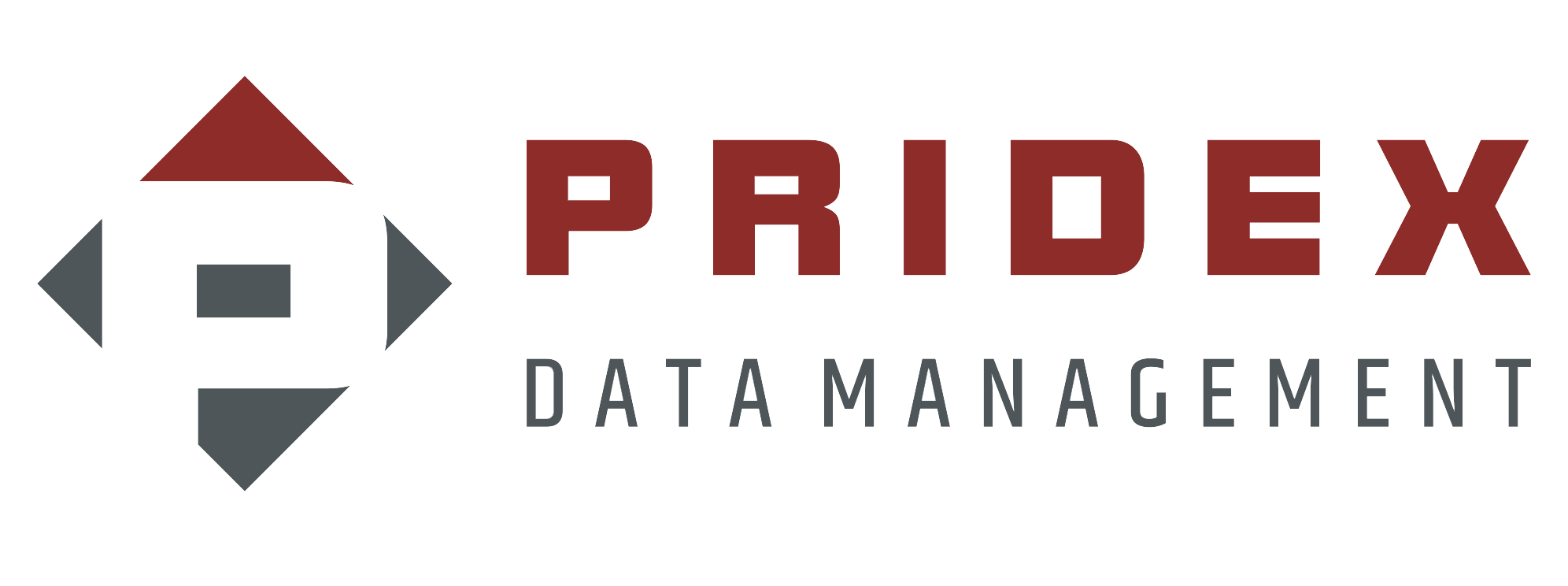As the digital landscape continues to evolve, so too does the approach to managing documents in the workplace. Document digitization, which has already revolutionized the way we handle information, is poised to undergo further transformation. Understanding the trends shaping the future of document management can help businesses stay ahead of the curve and leverage new technologies for maximum efficiency and growth. Here are some key trends in document digitization to watch for.

1. Integration of Artificial Intelligence and Machine Learning
Artificial Intelligence (AI) and Machine Learning (ML) are set to play a significant role in the future of document management. These technologies can automate the process of categorising and indexing documents, making it easier to organize and retrieve information. AI-driven optical character recognition (OCR) can convert scanned documents into editable and searchable text with high accuracy. Additionally, ML algorithms can analyze document usage patterns and suggest improvements for better workflow and efficiency.
2. Blockchain for Enhanced Security
Blockchain technology is gaining traction as a means to enhance document security and integrity. By using blockchain, documents can be stored in a decentralized manner, making them less vulnerable to hacking and unauthorized access. Each document is assigned a unique cryptographic signature, ensuring that any alterations are easily detectable. This makes blockchain an excellent solution for industries where data integrity and security are paramount, such as finance, healthcare, and legal sectors.
3. Cloud-Based Document Management Systems
The shift to cloud-based solutions is a continuing trend in document digitization. Cloud-based document management systems (DMS) offer scalable storage solutions, accessible from anywhere, at any time. They facilitate real-time collaboration, allowing multiple users to work on documents simultaneously. Furthermore, cloud storage ensures data is backed up and protected against local hardware failures, providing robust disaster recovery options.
4. Increased Focus on Data Privacy and Compliance
As data privacy regulations become stricter globally, document management systems must evolve to ensure compliance. Future trends will likely see an increased focus on features that support data privacy, such as advanced encryption, access controls, and audit trails. Businesses will need to stay informed about regulatory changes and ensure their document management practices align with new laws to avoid penalties and build trust with their clients and partners.
5. Integration with Business Processes and Automation
Document management is moving beyond simple storage and retrieval to become an integral part of broader business processes. Integration with enterprise resource planning (ERP) systems, customer relationship management (CRM) platforms, and other business applications will streamline workflows and enhance efficiency. Automation of routine tasks, such as invoice processing, contract management, and compliance checks, will reduce manual labor and minimize errors.
6. Mobile Document Management
With the rise of remote work and mobile devices, the ability to manage documents on-the-go is becoming increasingly important. Mobile document management apps allow employees to access, edit, and share documents from their smartphones and tablets. This flexibility enhances productivity and ensures that business operations continue seamlessly, regardless of location.
7. Sustainability and Green Initiatives
Sustainability is a growing concern for many organizations, and document digitization plays a critical role in reducing paper consumption and waste. Future trends will see businesses adopting more eco-friendly practices by digitizing their documents and workflows. This shift not only helps the environment but also resonates with customers and stakeholders who prioritise sustainability.
8. Enhanced User Experience and Interface Design
As document management systems become more sophisticated, there will be a greater emphasis on user experience (UX) and interface design. Future DMS will feature intuitive, user-friendly interfaces that make it easy for employees to navigate and utilize the system effectively. Personalization options and AI-driven recommendations will further enhance the user experience, making document management a seamless part of daily operations.
Conclusion
The future of document management is being shaped by rapid advancements in technology and changing business needs. Trends such as AI and machine learning, blockchain security, cloud-based solutions, and increased focus on data privacy are set to revolutionize the way we handle documents. By staying abreast of these trends and adopting innovative document management practices, businesses can enhance efficiency, security, and sustainability, positioning themselves for success in the digital age. Embracing the future of document digitization is not just about keeping up with technology; it’s about leveraging it to create smarter, more agile, and more resilient organizations.





